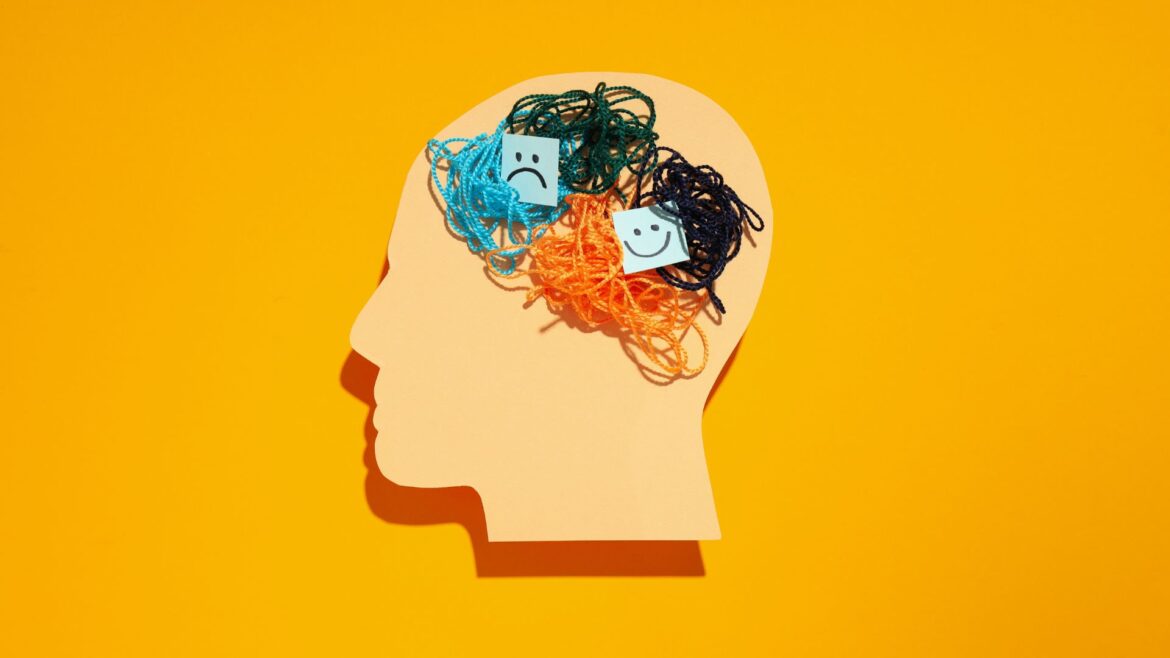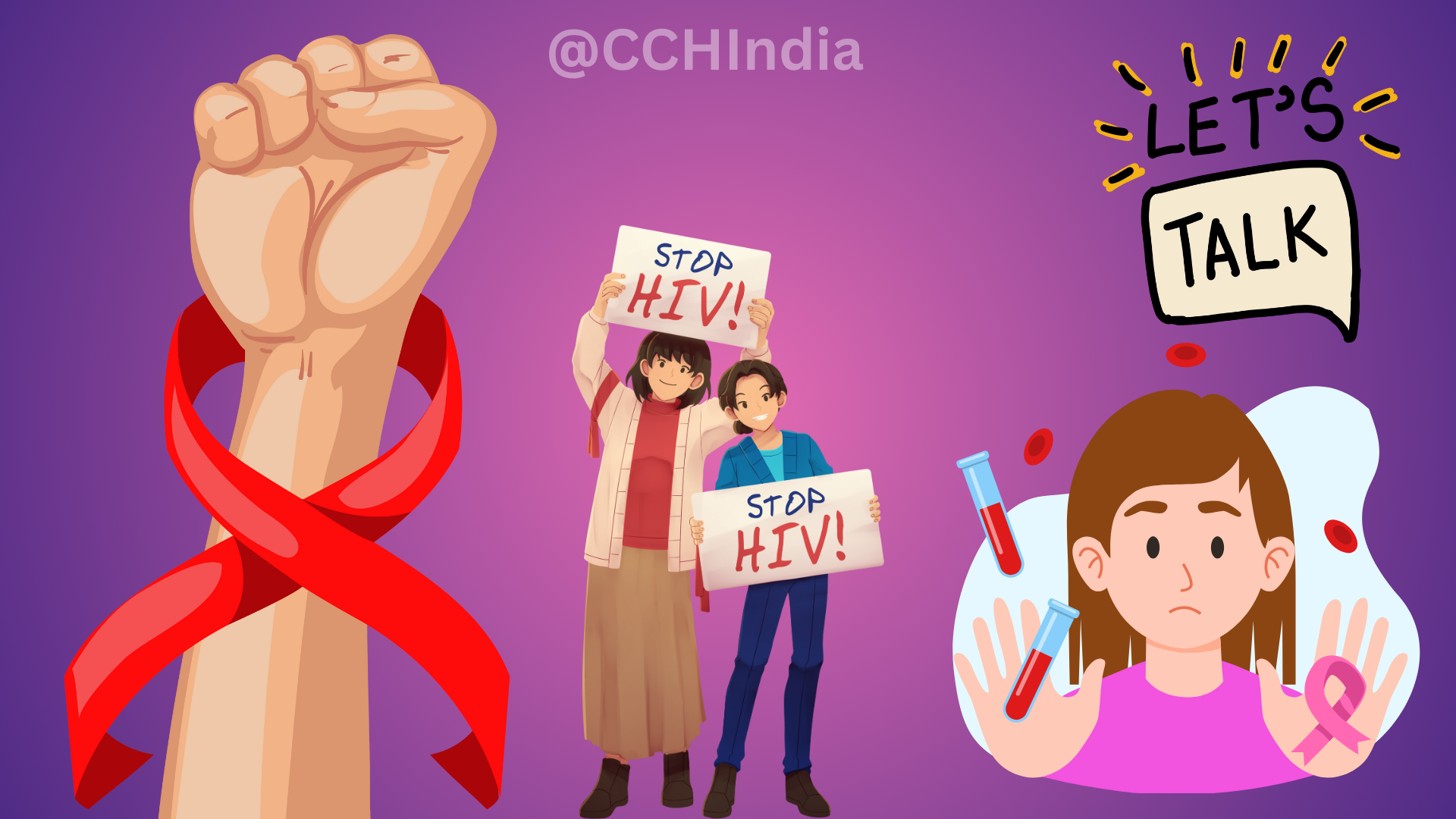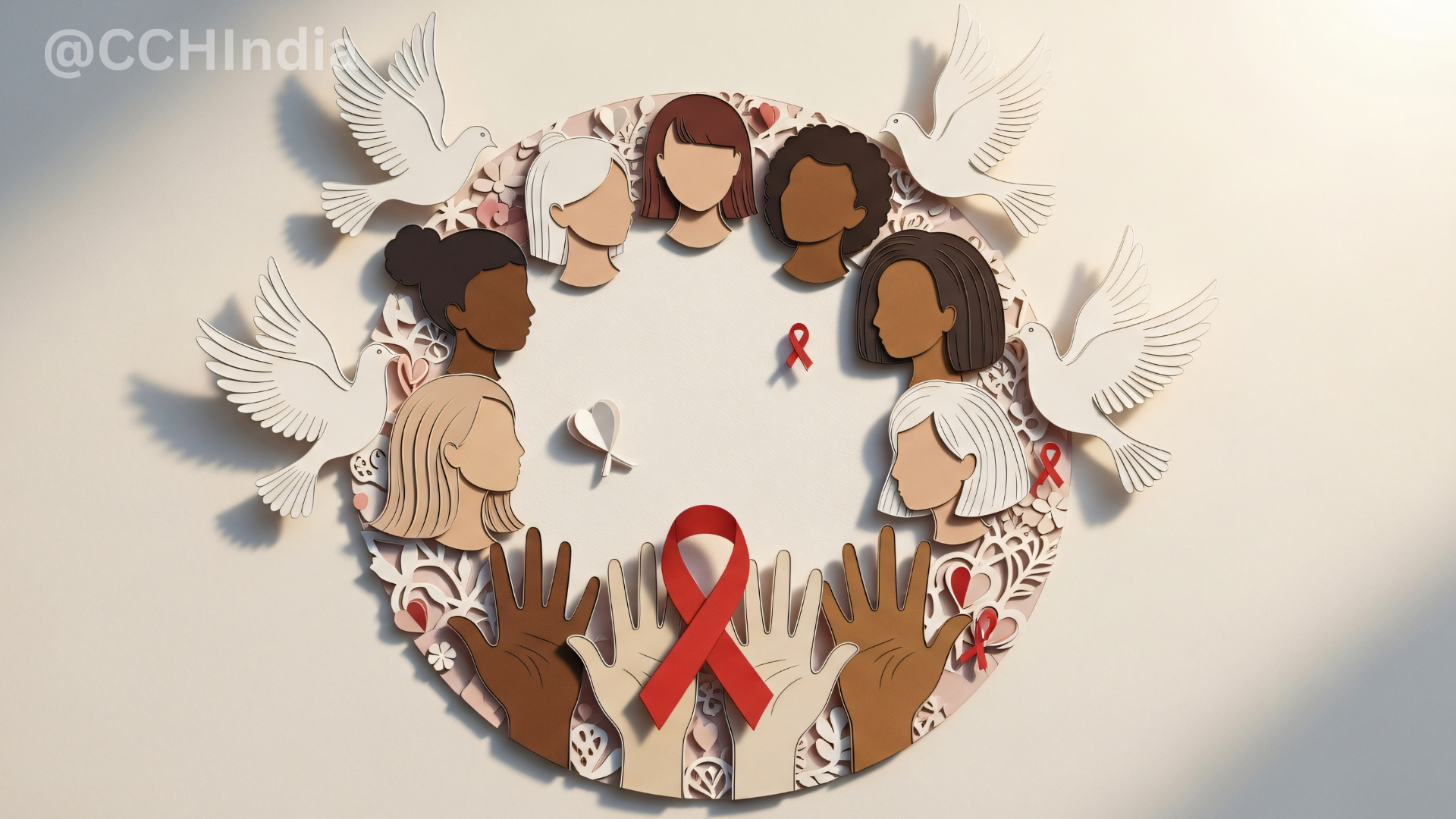In India, people have always neglected mental health. Mental health is an alien concept to the society which preaches meditation and yoga. It is now a global concern with various countries and communities working towards bringing about awareness and destigmatisation. Many countries have aced at dealing with the mental health issues. India however, is far behind. Despite rising issues in people of all age groups, importance given to mental well being is disproportionately low. Many factors contribute to this like cultural beliefs, social stigma, societal pressures as well as systemic failures.
Cultural Stigma and Taboo Surrounding Mental Health
In major parts of India, mental health is still perceived as a taboo. The younger generation is relatively more open and receptive, but the older generations are stuck in their traditional beliefs. These traditional beliefs and slot deposit pulsa cultural norms which have been normalised for too long, shape the perception of mental illness, often equating it to a personal weakness or even possession by supernatural forces.
Conversations about psychological conditions are largely avoided, and individuals suffering from issues such as anxiety, depression, or schizophrenia are often shamed, dismissed or ostracized.
Families, which play a central role in the lives of individuals, often do not recognize mental health issues as legitimate problems. People suffering are encouraged to “move on” or “get over it,” leading to an unhealthy culture of emotional suppression. Suppression is far worse than non acceptance. A lack of emotional education, combined with a high level of societal judgment leads to lack in seeking professional help.
Social Pressure and Expectations
Indian society places a significant emphasis on family honor, material wealth and success, and societal standing. People are expected to follow rigid social norms and those within the family structure. This societal pressure, combined with the fast-paced modern lifestyle, can lead to a great deal of stress, anxiety, and mental fatigue. Admitting to feeling overwhelmed is often seen as a sign of weakness or failure.
The societal expectations to maintain appearances—whether it’s securing high grades, landing prestigious jobs, or fulfilling familial duties—can push people to bury their emotional struggles rather than slot depo 5k seek help. The pursuit of perfection, particularly among the youth, can sometimes lead to severe mental health issues, but the reluctance to acknowledge mental distress persists due to the fear of being perceived as “unstable” or “unfit.”
Lack of Awareness and Education
In India, there is a pervasive lack of awareness about mental health, even among well-educated populations. The education system primarily focuses on academic excellence, leaving little room for emotional development, mental well-being, or self-care. Consequently, many individuals are not equipped with the tools or knowledge to recognize the signs of mental health issues in themselves or others.
Mental health is often misunderstood as a binary state—either one is “normal” or “mad.” The nuances of mental health, such as mild anxiety, depressive episodes, or stress disorders, are rarely recognized or discussed openly. This lack of education creates significant gaps in understanding mental well-being, leaving many to suffer in silence or seek unqualified forms of help.
Religious and Superstitious Beliefs
Religious beliefs play a central role in shaping attitudes toward mental health in India. In some cases, psychological distress is considered a spiritual or karmic consequence, and many believe that prayer, rituals, or religious healings can provide relief. While spiritual practices can offer comfort, they are not substitutes for professional psychological or psychiatric intervention.
Additionally, in rural areas, superstition often intertwines with beliefs about mental illness. Mental health issues may be attributed to evil spirits or black magic, leading families to seek traditional healers rather than mental health professionals. This reliance on supernatural explanations prevents individuals from receiving proper diagnosis and treatment.
Inadequate Mental Health Infrastructure
India’s mental health infrastructure is sorely underdeveloped. With only a few thousand mental health professionals serving a population of over 1.4 billion, access to mental health services is limited. The lack of qualified professionals, particularly in rural and semi-urban areas, exacerbates the problem. Even when services are available, the stigma surrounding mental health often discourages people from visiting therapists or psychiatrists.
Government efforts, such as the National Mental Health Programme (NMHP), have aimed to improve the situation, but the impact has been limited. The focus on physical health care in India overshadows mental health services, resulting in inadequate funding, minimal outreach, and a lack of integration between mental and general healthcare systems.
Cost of Mental Health Care
For many Indians, mental health care remains an expensive and inaccessible luxury. Counseling sessions, psychiatric consultations, and medications can be costly, and there is no universal healthcare system to cover these expenses. Many health insurance policies do not provide coverage for mental health conditions, making it difficult for middle- and lower-income families to afford treatment. As a result, those in need of mental health services often avoid seeking help due to financial constraints.
Impact of Globalization and Modernization
India is a rapidly developing nation, and globalization has brought with it a host of challenges that are increasing mental health issues. The pressures of modern life—urbanization, competitive work environments, rising aspirations, and the breakdown of traditional social structures—are contributing to the rise of mental health problems.
Young people, in particular, face conflicting expectations between traditional values and the pressures of contemporary life. With the rapid rise of social media, the constant exposure to curated images of “success” and “happiness” can exacerbate feelings of inadequacy, leading to anxiety, depression, and self-esteem issues.
Efforts Toward Change
Despite the challenges, there are growing efforts to bring mental health to the forefront in India. Media coverage on the subject has increased, with celebrities and influencers speaking openly about their own mental health struggles. Organizations such as the Live Love Laugh Foundation, initiated by actor Deepika Padukone, and mental health campaigns like #MentalHealthMatters have helped to slowly chip away at the stigma.
Government initiatives, such as the Mental Healthcare Act, 2017, have also aimed to make mental health services more accessible and to protect the rights of people with mental illnesses. Yet, there is a long road ahead. For real change to take place, mental health awareness needs to penetrate the grassroots level, starting with education reform, systemic health improvements, and societal attitude shifts.
India’s reluctance to prioritize mental health stems from a complex mix of cultural, social, and structural factors. While the country has made strides in addressing physical health challenges, mental well-being continues to be neglected. The stigma surrounding mental illness, compounded by a lack of awareness, education, and access to resources, hinders progress. However, with growing awareness and advocacy efforts, there is hope that mental health will soon become a more visible and valued part of the public health agenda.






